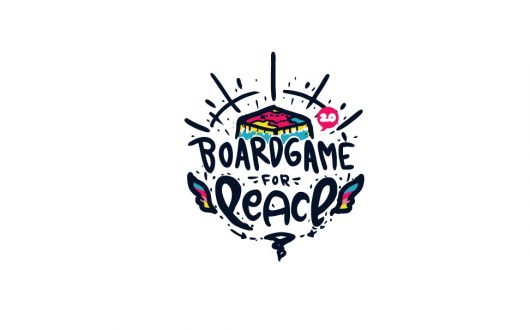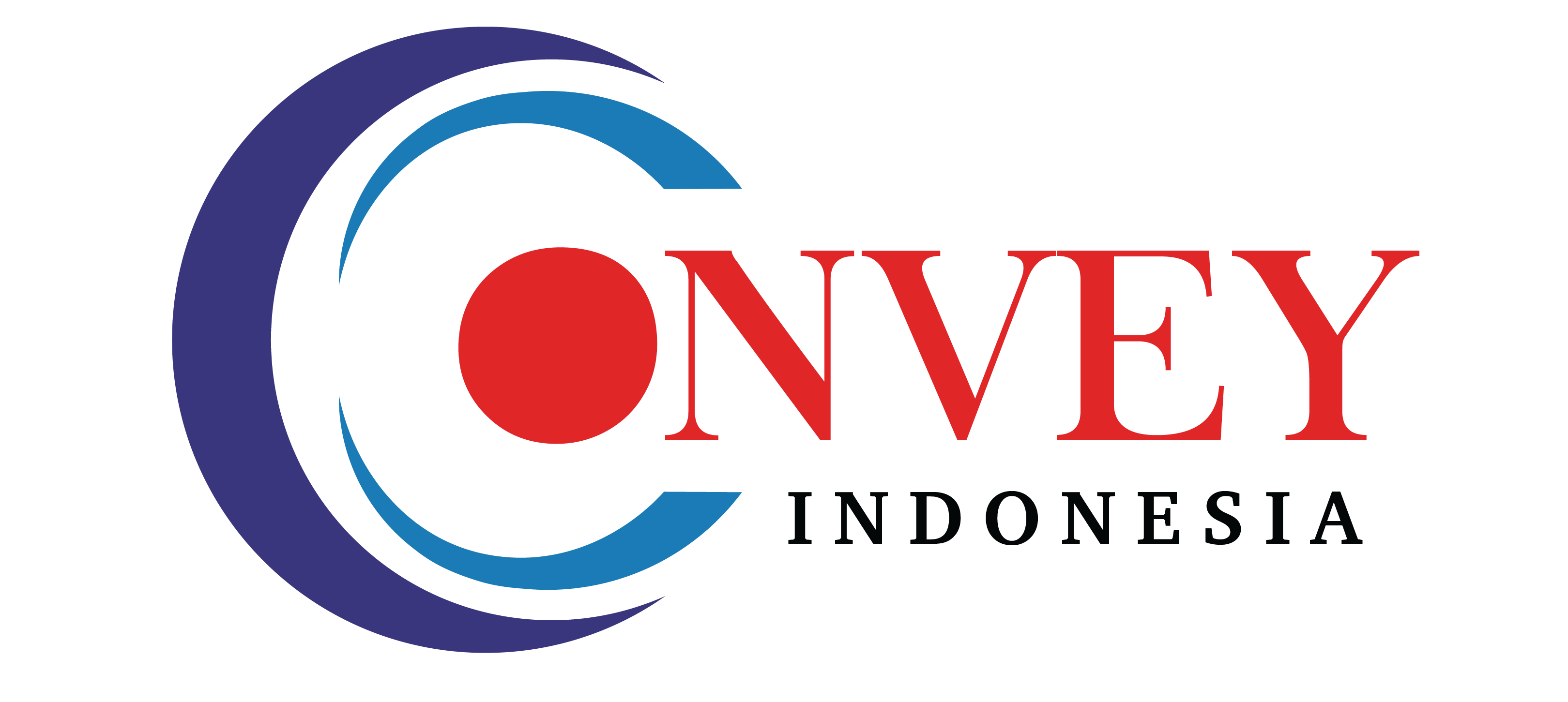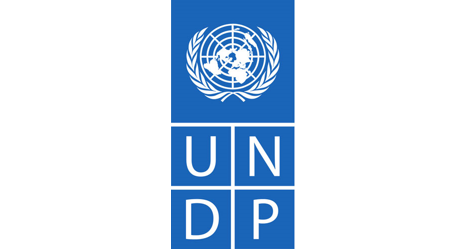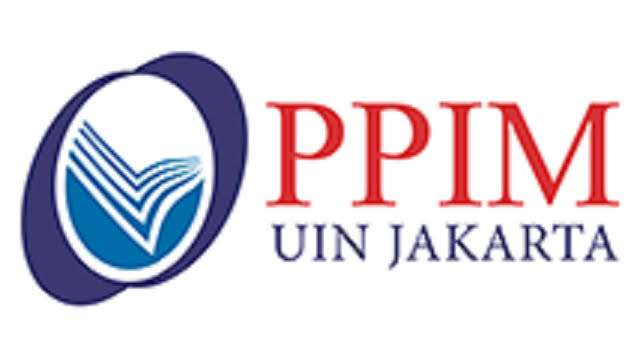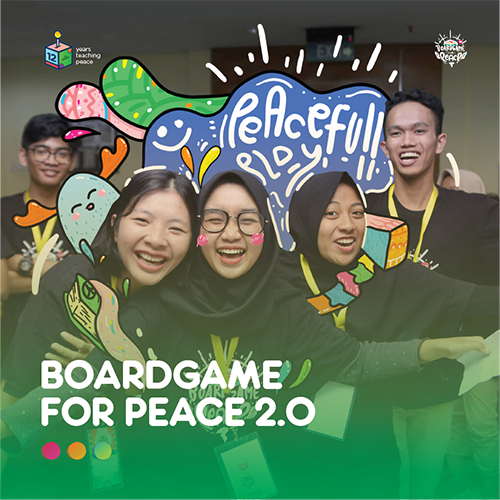

During these last years, dissemination of intolerance actions and teachings has been increasing. Terror actions and suicide bombings on behalf of religious teachings had involved youths and under-age children, as evidenced by the attacking on St. Lidwina church in Yogyakarta in March 2018 and the series of bombing in Surabaya  nearing Ramadhan month. Beside that, the survey conducted by PPIM Syarif Hidayatullah in 33 provinces of Indonesia in 2017 reveals that 37.71%1 of secondary school and university students believe that suicide bombing is a part of Islam jihad. On the same percentage, they also perceive that jihad is a right action against nonmoslems.Â
PeaceGeneration together with CONVEY Indonesia responded to this phenomenon by trying to present alternative narratives through the “Boardgame for Peace” program. The target beneficiaries of this program are high school/equivalent students and students. This is expected to prevent the involvement of young people in violent radicalism and extremism. PeaceGen uses creative media in the form of board games, interactive modules, and animated videos as messengers. This program has been carried out twice, in 2017 and 2018. In the first year, BGFP reached 358 beneficiaries from 5 cities. Whereas in 2018 the program’s scope will be expanded to 12 cities with 1100 beneficiaries. The cities where BGFPs are implemented are Banda Aceh, Padang, Palembang, Bandung, Cirebon, Solo, Surabaya, Samarinda, Palu, Makassar, Bima, and Ambon.
Beneficiaries, then we call them as an Agent of Peace (AoP), experienced an increase in average knowledge and skills regarding efforts to prevent violent extremism by 0.58 for men and 0.66 for women. We also measure the attitude aspects of the beneficiaries using instruments modified from the Violent Extremism Disposition Scale (VEDS). This instrument measures the vulnerability of individuals to accept radical ideologies and commit violence against certain social groups. The lower the individual score, the smaller the vulnerability. After training, we found 20.5% of participants experienced a change in VEDS scores from the medium to the low category.
To this day, the AoP is still actively conducting peace campaigns using board games to peers and the community. In some areas, such as Ambon, Bima, Banda Aceh, and Padang, the AoP even synergized with surrounding communities to continue Boardgame for Peace training independently.
